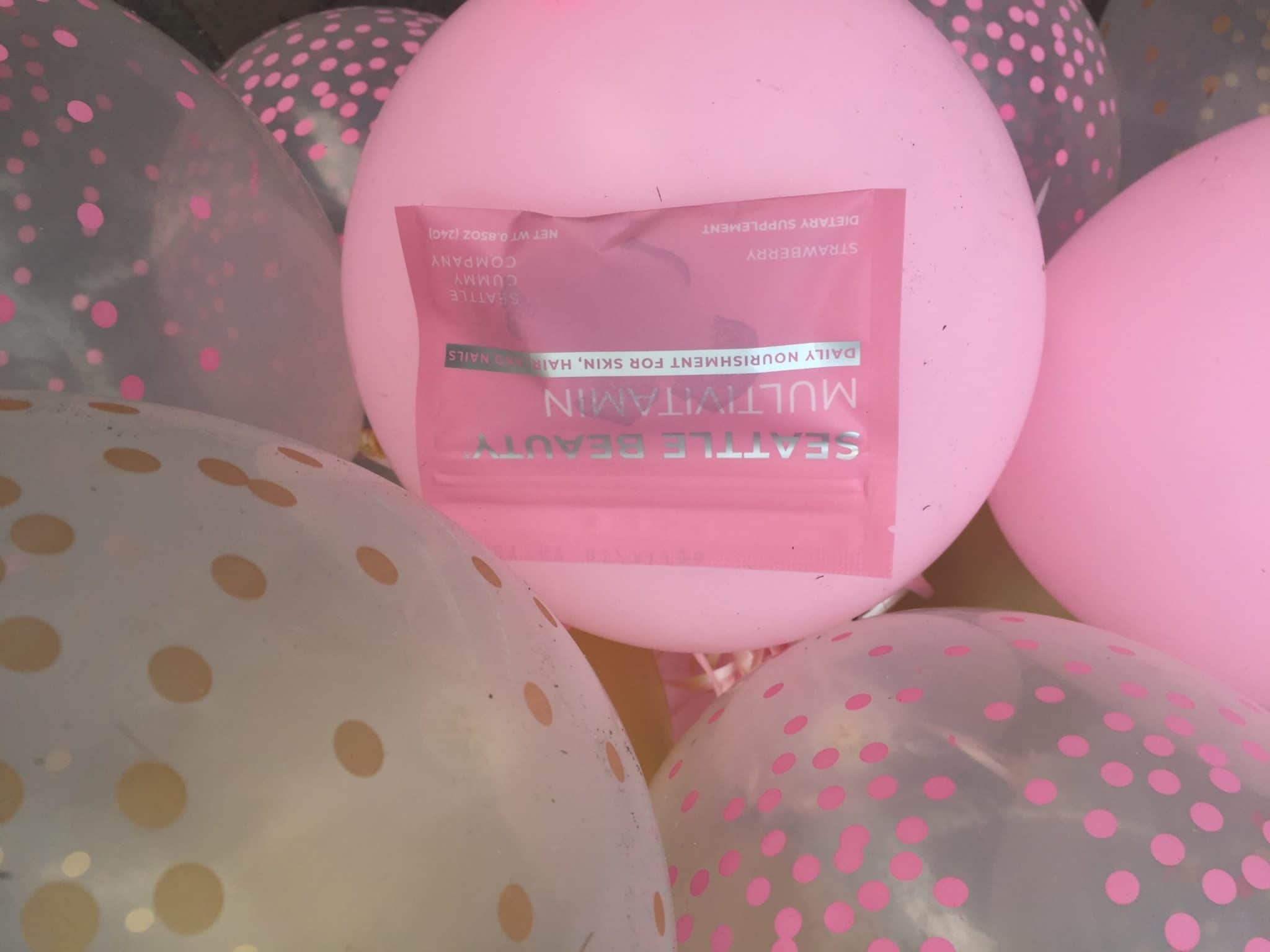Through thousands years of herbal use, Chinese herbal doctors have accumulated precious experiences on skincare herbs. For example, the “Compendium of Materia Medica” alone has listed more than 165 herbs for beauty and skincare purpose. In this post, I am introducing you to six most common and well-recognized skincare herbs. Any of these herbs can be used either internally as healthcare supplements or externally as ingredients in your skincare products.
Ginseng: Since ancient times, Ginseng is known for its skin nurishing and beautifying effect. As early as in the “Mystic Farmer’s Herbal Handbook” from the Han Dynasty, Ginseng has long been documented for its ability to promote blood circulation in skin capillaries, increase nutrient supply to skin, moisturize skin, delay skin aging, and smooth skin tone, and remove dark spots and scars.
Ganoderma (Linzhi): Ganoderma is a bitter mushroom long used to promote health in traditional Chinese medicine. Known as “fairy grass” in China, the herb contains trace elements, polysaccharide, and antioxidants. The herb is anti-aging, contains ingredients that can eliminate free radicals and protecting cells against aging. Used for skincare, the herb is believed to smooth skin tone, remove dark spots and scars, firm skin, and increase the skin elasticity.
Coix seed (Yiren): In ancient China, Coix seed is only used for palace meals. The herb is believed to promote skin metabolism, whiten skin tone, moisturize and smooth the skin.
Ginger: Yes, Ginger is a common herb in Chinese medicine. According to the Chinese medicine, Ginger promotes blood circulation to the skin and therefore stimulates skin cell rejuvenation, improves complexion, and smooth skin tone.
Baiji (Bletilla Tuber): Baiji is one of most common ingredients in Chinese herb formulation for skincare. The herb is believed to remove scar, moisturize and whiten skin, and smooth skin tone. It is often used in formulations for treating acne-caused scars.
Licorice: Chinese medicine believes that licorice is capable of nourishing and moisturizing skin and hair, promoting cell metabolism and repairing damaged skin cells, whitening skin tone, and removing skin blemishes. The herb is believed to have similar antioxidant effect as that of Vitamin E. Therefore, the herb also has anti-aging effect and can be used as a Sunscreen and to repair sun exposure caused skin damages.
Bailian (Ampelopsis Root): Herbal Bailian is the root of Japanese Ampelopsis. The herb is rich in amino acids and polysaccharides and is a potent skin moisturizer. A Chinese medicine classic herbal book “Herbal Secrets” noted that Bailian has the effect of whitening skin tone. Recent pharmacological study suggests that the herb extract inhibits melanin product in skin.
Baishao (White peony root): For skincare use, this herb is believed to promote blood circulation to skin cells and inhibit sebum secretion. Therefore, Chinese herbalists use the herb to treat pimples, acne, and other skin inflammations.
In my past posts, I’ve provided many tips incorporating herbs into skincare recipes and diets. Try to incorporate these herbs in your homemade creams, toners and masks, make teas and soups with these herbs – and be happy for a beautiful skin.
Thanks for reading!
About SGC:SGC is an R&D focused developer of nutraceutical and pharmaceutical gummy products. The company specializes in formulating Functional Gummy® products combining the wealth of the in-house knowledge in pharmaceutics, chemistry, western medicine and herbal medicine. The company provides performance gummies® inspired by Traditional Chinese Medicine including MOCCA SHOTS™, ENERGON QUBE™, FUNTIONAL FRUIT®, and SEATTLE BEAUTY®.
To learn more, visit https://seattlegummy.com, contactinfo@seattlegummy.com,call 206-257-0464, or join at https://seattlegummy.com/be-an-informed-member/.

